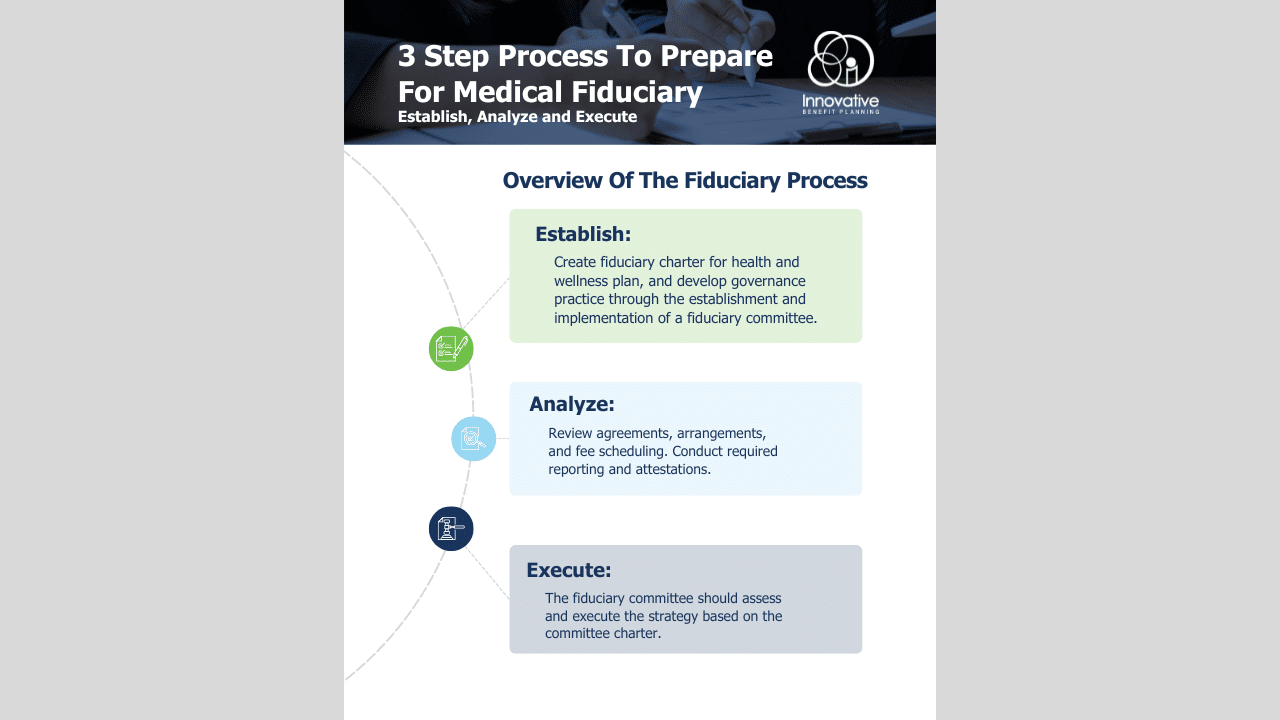The U.S. Department of Labor (DOL) has issued its 31st FAQ on the implementation of the Patient Protection and Affordable Care Act (ACA), dedicated to coverage of preventive services, rescissions of coverage, out-of-network emergency services, clinical trial coverage, cost-sharing limitations, the Mental Health Parity Act, and the Women’s Health and Cancer Rights Act.
Preventive Services
The ACA requires health plans to offer evidence-based services with a rating of A or B in the current recommendations provided by the United States Preventive Services Task Force (USPSTF), as well any additional coverage for women provided in guidelines supported by the Health Resources and Services Administration (HRSA). Numerous FAQs in the series have covered preventive services, and the most recent one covers questions relating to colonoscopies and contraceptives. The FAQ confirmed that if a colonoscopy is scheduled and performed as a screening procedure, the plan cannot impose cost sharing for the bowel preparation medications. In regard to contraception, the FAQ confirms that, although plans and issuers must ensure access to a full range of FDA-approved contraception methods, plans may utilize reasonable medical management techniques within a specified method of contraception, and may develop and use a standard exception form and instructions for participants. The Medicare Part D Coverage Determination Request Form may serve as a model for plans and issuers when developing a standard exception form.
Rescissions of Coverage
The ACA prohibits group health plans and individuals from having coverage rescinded with a retroactive effect, unless the individual with coverage commits fraud, or certain premiums are not paid on time. The FAQ stated that a group health plan may not terminate coverage with a retroactive effect when an individual paid the premium but resigns from his or her position of employment. The example provided involved a school teacher who terminated employment at the end of the contract but paid the insurance premium in full.
Out-of-Network Services
Non-grandfathered group health plans and health insurance issuers offering non-grandfathered group or individual health insurance coverage cannot impose cost sharing on out-of-network emergency services in a greater amount than what is imposed for in-network emergency services. Balance billing is not included in the statutory definition of cost sharing, which is the practice of providers billing patients for the difference between the provider’s billed charges and the amount collected from the plan or issuer, plus the amount collected from the patient in the form of a copayment or coinsurance amount. Agencies have determined that a reasonable amount be paid by a plan or issuer before a patient becomes responsible for a balance billing amount.
A plan or issuer satisfies the out-of-network emergency care copayment or coinsurance limitations in the statute if it provides benefits for out-of-network emergency services in an amount at least equal to the greatest of the following three amounts (adjusted for in-network cost sharing):
- The median amount negotiated with in-network providers for the emergency service.
- The amount for the emergency service calculated using the same method the plan generally uses to determine payments for out-of-network services (such as the usual, customary, and reasonable amount).
- The amount that would be paid under Medicare for the emergency service (collectively, minimum payment standards).
The latest FAQ states that plans or issuers must disclose how they calculate these minimum payment standards and the “usual, customary, and reasonable amount.” Documentation of this must be included in plan documents, and provided to participants within 30 days of request.
Clinical Trial Coverage
The FAQ stated that plans must cover routine items furnished in connection with participation in an approved clinical trial. If a plan typically covers an item or service, it cannot deny or restrict coverage of the item furnished in connection with participation in an approved clinical trial. Similarly, a plan must cover items and services to diagnose or treat complications or adverse effects from clinical trials, if it would routinely furnish them outside of a clinical trial.
Cost Sharing Limits
Non-grandfathered group health plans must ensure that annual cost sharing does not exceed certain limitations that are set annually. The FAQ indicated that, for non-grandfathered large group or self-insured group health plans with pricing structures in which a participant pays a “reference price” for a procedure, but that do not have enough quality providers that accept the reference price as payment in full, out-of-pocket expenses for those individuals must count toward the individual’s maximum out-of-pocket limit.
Mental Health Parity and Addiction Equity Act of 2008 (MHPAEA)
The MHPAEA requires that the financial requirements and treatment limitations imposed on mental health and substance use disorder (MH/SUD) benefits cannot be more restrictive than the predominant financial requirements and treatment limitations that apply to substantially all medical and surgical benefits. A type of financial requirement such as copay or coinsurance, or quantitative treatment limitation (such as day or visit limits) is considered to apply to substantially all medical/surgical benefits in a classification if it applies to at least two-thirds of all medical/surgical benefits in the classification. Under the MHPAEA regulations, “any reasonable method” may be used to determine the dollar amount of all plan payments for the substantially all/predominant analysis.
A plan or issuer may not base its “substantially all” or “predominant” tests on an entire book of business. The determination must be made in comparison with the group health plan. For insured small group and individual market plans, the health insurance issuer should use data at the “plan” level (as opposed to the “product” level) to perform the substantially all and predominant analyses. The MHPAEA final regulations provide that the plan administrator or the health insurance issuer must disclose the criteria for medical necessity determinations with respect to MH/SUD benefits to any current or potential participant, beneficiary, or contracting provider upon request and the reason for any denial of reimbursement or payment for services with respect to MH/SUD benefits to the participant or beneficiary.
The FAQ suggested that a provider, seeking out information in order to understand a plan’s compliance with MHPAEA in relation to a pre-authorization form for treatment of a mental disorder, could request:
- A Summary Plan Description (SPD) from an ERISA plan, or similar summary information that may be provided by non-ERISA plans
- The specific plan language regarding the imposition of the non-quantitative treatment limitation (NQTL) (such as a preauthorization requirement)
- The specific underlying processes, strategies, evidentiary standards, and other factors (including, but not limited to, all evidence) considered by the plan (including factors that were relied upon and were rejected) in determining that the NQTL will apply to this particular MH/SUD benefit
- Information regarding the application of the NQTL to any medical/surgical benefits within the benefit classification at issue
- The specific underlying processes, strategies, evidentiary standards, and other factors (including, but not limited to, all evidence) considered by the plan (including factors that were relied upon and were rejected) in determining the extent to which the NQTL will apply to any medical/surgical benefits within the benefit classification at issue
- Any analyses performed by the plan as to how the NQTL complies with the MHPAEA
The FAQ also clarified that medical necessity criteria for coverage of mental health conditions must be made available to potential enrollees, not just current enrollees.
Women’s Health and Cancer Rights Act
The FAQ stated that group health plans that cover mastectomies must also provide coverage for nipple and areola reconstructions as a stage of breast reconstruction under the Women’s Health and Cancer Rights Act.












